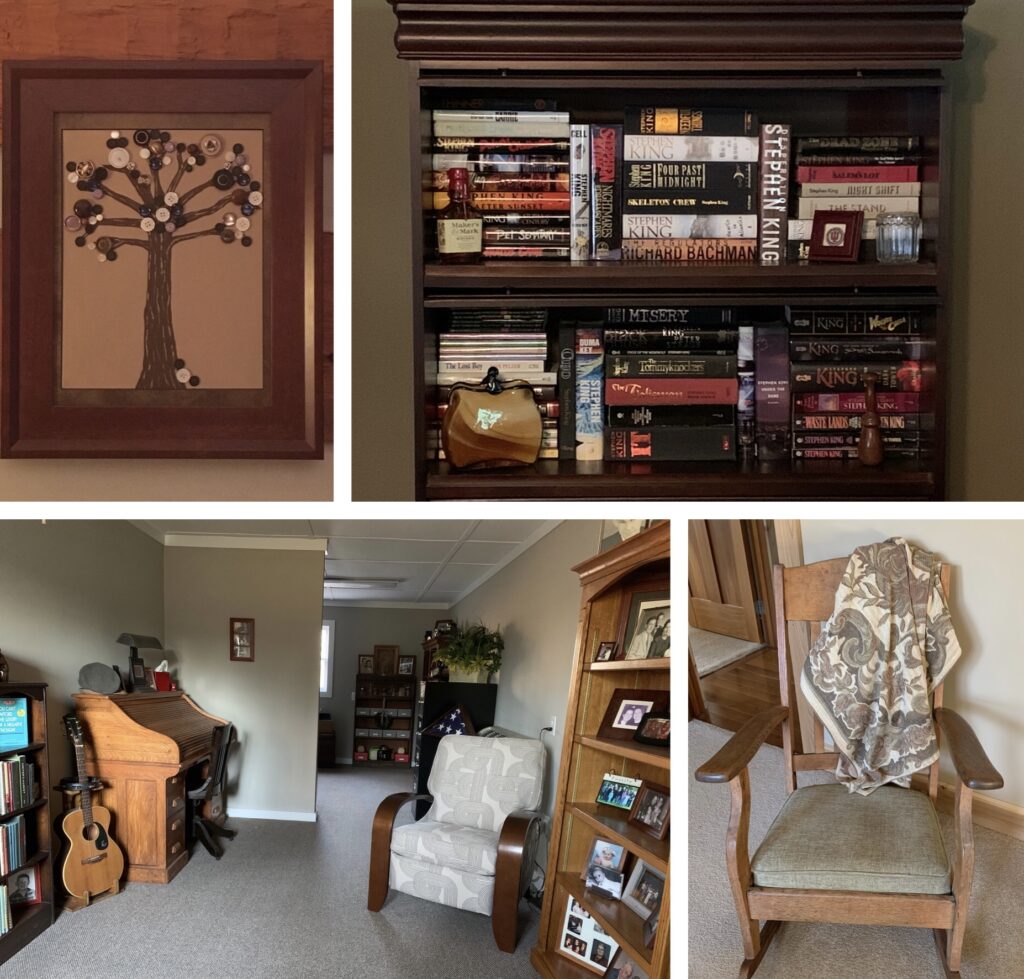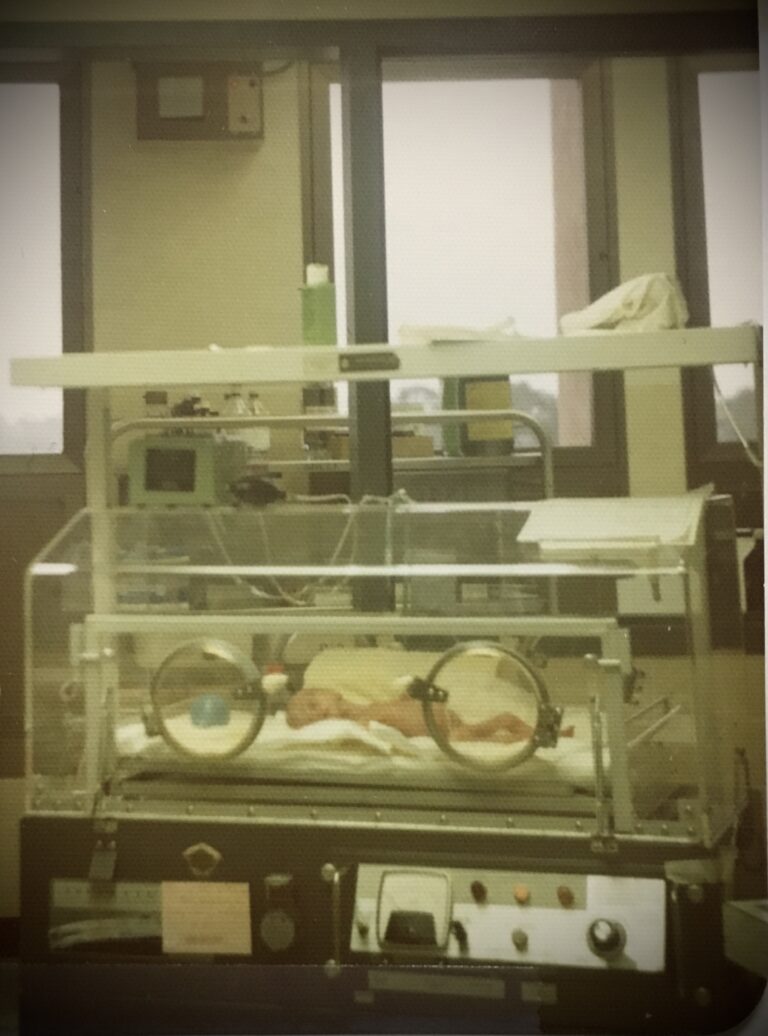
After I retired, I struggled with the absence of the routines and deadlines I’d grown accustomed to in my job. Without the benefit of a real schedule, I found myself becoming one with the sofa while motivation was reduced to nothing more than a word in the dictionary. I had all the time in the world to devote to a boatload of interests, yet I didn’t possess an ounce of enthusiasm.
About six months into retirement, I set my sites on becoming a productive human being again, and I put together a monthly task calendar. Each day had at least one household chore or “To Do” task assigned to it. I purposely didn’t expect a whole lot from myself – I am retired, after all – but I wanted to end every day with the knowledge that I had accomplished at least one thing of substance. It could be as minor as changing the sheets or as major as clearing out a bloody ton of old emails (and believe me…that one was major).
A lot of those “To Do” tasks were things I’d allowed to pile up while I was working, like cleaning out closets, reorganizing my room in the garage and finally dealing with my late parents’ and brother’s possessions. Over time, I’ve whittled things down to where my monthly calendars consist mainly of routine household chores and whatever projects I want to sink my teeth into. As mentioned in a previous post, a fair amount of my time lately has been dedicated to driving my husband to medical appointments so, of course, those are noted on the calendar, too.
It was during one of those medical trips when I realized I was wasting precious time by focusing only on the mechanics of driving. There was beauty all around us so, that very day, I began to truly appreciate the amazing scenery. And I didn’t let that living-in-the-moment practice stop with the trees along the roadways. A couple of weeks ago, while entrenched in one of my least favorite household chores, I made myself really notice what I was doing rather than simply trudging through the job until it was done.
That chore was dusting. I swear, it’s one of the most tedious and time-consuming activities I can think of, and it’s never, ever truly done. But this time, as I contorted my way through bending and reaching and squatting to reach all those places that accumulate dusty bits, I paid close attention. Not to the process but to the dusty items themselves. Instead of begrudging the task at hand, I mentally took in each piece of furniture or décor and appreciated it for what it was.
Throughout the house are many items that hold special meaning for me…like the framed button tree on the wall by the front door. My eldest daughter made it for me using buttons that had belonged to my late mother, and it’s more than just a pretty piece of art. It’s a piece of my mom.
In the guest room, as I dust the black and white prints purchased many years ago in the French Quarter, I’m reminded of the beauty of Christ Church Cathedral, the warm beignets at Café du Monde and the unexpected talent from the street performers. While dusting in that same room, I get the pleasure of lovingly handling the photo of my two beautiful daughters, my parents’ graduation pictures and the portrait of my mom with her family when she was just a teenager.
In the living room, I linger over the cover of The Beatles, a coffee table book. It conjures up the deep affection that was spawned by the Fab Four’s appearance on The Ed Sullivan Show when I was nine. As I dust the barrister bookcase, my eyes wander over the book titles, and I relish the feeling of being tempted by all the stories waiting to be read or read again. And while dusting the mantle on the stone fireplace, I marvel at the hard work my dad put into building the cabin that he and my mom loved so much.
More thoughts of my mom bubble up when I dust the Hoosier cabinet in the dining area. She’d found it at some antique place in town and was quite pleased with the result after she’d stripped off the layers of paint and brought it back to its natural wood finish. It’s a charming old piece that’s more than just useful. It’s a memory inducer.
Dusting the rocker in the TV room elicits memories that aren’t even my own. It was built by a man I never met…my maternal grandfather. He was a minister and used to sit in that rocker to compose his sermons. His Bible, pen and notebook would be laid out on a writing board he’d also crafted that fit perfectly upon the arms of the rocker. Mom talked about him often, and I came to feel a real kinship with him through her stories. She absolutely adored her father and was devastated when he died. She was only 19 at the time.
In my room out in the garage, I continue to travel down memory lane while dusting a multitude of framed photos of my family. Thoughts of my dad are particularly in the forefront as I dust the TV cabinet, bookcase, guitar stand and rolltop desk…all pieces he created in his workshop. I even use the old florescent lamp that he’d had on his desk as far back as I can remember. I’m pretty sure it’s a lot older than I am so, of course, I had its brittle wiring replaced. I may be sentimental, but I’m not stupid.
It’s clearly been established that I’m not one to go overboard when it comes to housecleaning, but I do dust once a week…whether warranted or not. (Ha-ha.) Yes, yes, I know there are those who dust every day, but that will never be my jam. That being said, now that I’ve made a point to use that particular chore as a reminder of the countless treasures that make up my life, I don’t really consider it a “chore” at all. It’s a weekly opportunity to participate in an activity that’s brimming with wonderful thoughts and memories.
And before you accuse me of dwelling on the past instead of living in the moment, let me be clear…that’s not what this is at all. It’s simply me embracing what was while enjoying what is.
Will I ever be able to look at cleaning the bathrooms with that same sentiment? I strongly doubt it. Will I even try? I strongly doubt that, too.
